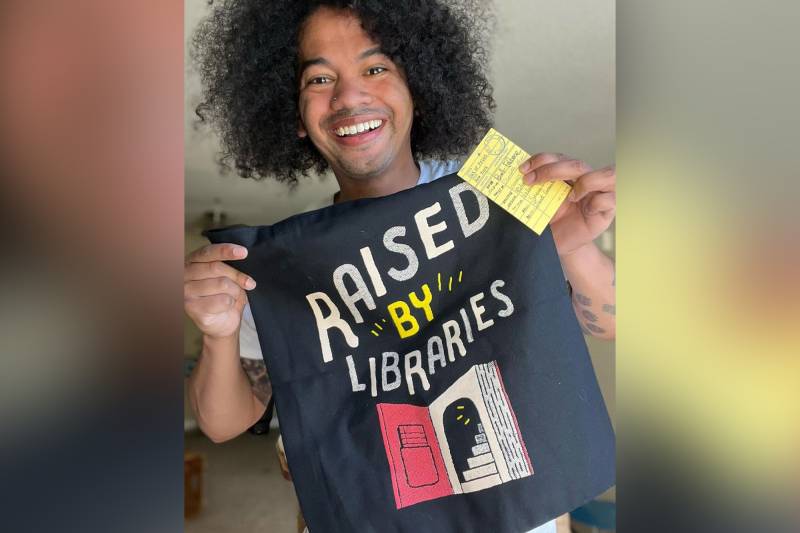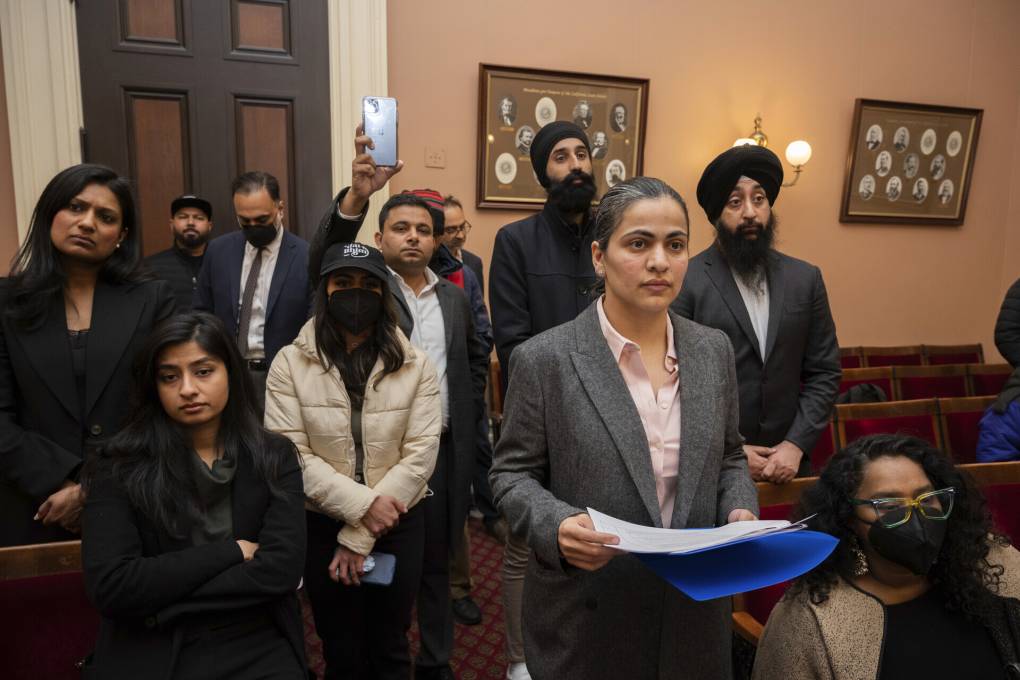Let’s talk about the politics. Politicians in the U.S. arguing for banning books is nothing new. That’s been happening for decades now, but this issue has heated up in the last couple of years. So I’m curious to know what you’ve been making of this from where you stand as a librarian.
From my perspective, as a librarian, what you just asked is just so difficult. So books should not be something that is political. I always go on and on about the joy of books. We should just be talking about putting as many books as possible in the arms, in the backpacks and on the house shelves.
How has this manifested in your library branch? This uptick in the tension in the issue of banning books.
It’s rare for my library system. Solano County is one of the most diverse counties in the United States, but we still have issues there. A couple of years ago, we did a Banned Books Month celebration instead of Ban Books Week, where we were encouraging people to exercise their freedom to read. And that meant that we put the banned books on display in the library front and center. Many of the themes of banned books are people of color, LGBTQIA+ themes, and those are all things that people simply are. And more often than not, we just got words of encouragement. But there were still instances where you could see people shake their head and say under their breath, “Not one of those books I know. I don’t know if the kids should be reading those books.”
So for me, fellow like-minded library workers, we’re all just trying to do what we can to ensure that kids, teens, grownups, everybody continues to have access to all the beautiful books that are being created.
People are people of color, they are LGBTQ+, and there’s nothing wrong with that. And when I hear books being banned, books being challenged, that is what you’re essentially telling kids, telling teens that there’s something wrong with what they’re reading about, especially in an age where in the last three or four years, libraries, schools have seen an uptick of authors of color, illustrators of color.


